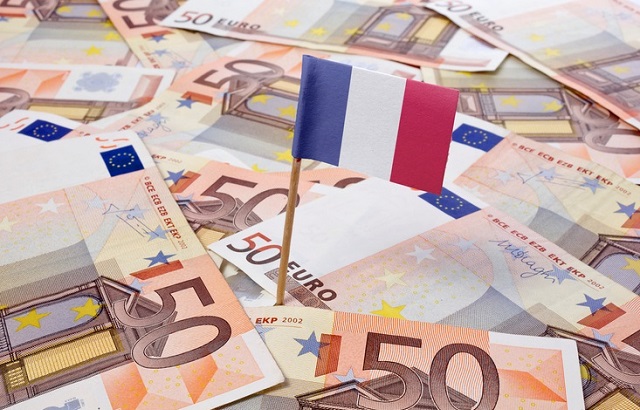With strategic tax planning, French residents can reduce income tax, social charges, capital gains tax and wealth tax liability in France, while also unlocking other benefits.
As time goes by, we are learning more about what Brexit means for life in France, what actually changes and what doesn’t. The good news is that, when it comes to taxation, nothing really changes for UK nationals who are resident in France.
The tax regime remains as complex as ever, but at least we do not need to learn new regulations, writes Jason Porter, director at Blevins Franks.
Taxation is a domestic issue and France taxes all its residents the same way, regardless of nationality. Where residents own assets and earn income in another country, the relevant double taxation treaty determines where the income and assets should be declared and taxed.
The UK/France treaty is agreed between the two countries, not at EU level, so the UK leaving the bloc does not make a difference here.
As we lead up to tax return season in France, this is the perfect time to review tax planning to see what liabilities were last year and establish how they can be improved.
A reduced tax bill
One of the most obvious advantage is reducing overall liability for income tax, social charges, capital gains tax and property wealth tax.
Many people do not explore if there is a more tax-efficient way of holding their capital and assets, and unknowingly end up paying more than they need to. This may include income tax on bank interest that has not been withdrawn, or capital gains tax when switching between investments.
Many expats are also caught out by not reviewing their arrangements for their new life in France. For example, income derived from Isas and Premium Bonds prizes are tax-free in the UK but are fully taxable in France.
Meanwhile, clients could be missing out on alternative structures available in France that can reduce their tax liability as well as providing other potential benefits, such as currency flexibility.
It is also worth noting that, although Brexit does not in itself affect taxation, some member states do tax non-EU/EEA assets differently to local/EU assets.
In France, very beneficial tax treatment can apply to life assurance/assurance-vie but some of the advantages only apply to EU policies, so more tax could be paid in future.
Less taxation for heirs
Of course, the less tax the client pays in their lifetime, the more they have to either spend now or pass on to heirs.
But with some investment structures the succession tax liability for heirs can be lowered. Assurance-vie, for example, can be highly tax-efficient for estate planning purposes.
Ideally the solution is to limit inheritance taxes while also providing tax-efficient income and investment growth throughout a lifetime.
Strategic tax planning can also help make things easier for families after a death. Many investment arrangements that provide tax efficiency also offer more estate planning flexibility and control.
Some UK pensions are only transferable to a spouse on death, but when transferred to a Qualifying Recognised Overseas Pension Scheme (Qrops), or reinvested in a suitable tax-efficient structure for France, funds could be passed on to other chosen beneficiaries, often without the need to go through probate.
Maximising real returns
In this global climate of economic uncertainty and prolonged ultra-low bank interest rates, effective tax planning also plays a part in helping returns outpace the cost of living.
Ultimately, what counts when assessing the value of investments are ‘real’ returns – after tax, expenses and inflation are taken into account.
Property, for example, is often lauded for producing relatively high returns over the long term, but with stamp duty, local rates, capital gains and wealth tax applied, the tax burden can be large compared to other assets.
With investments, the starting point should always be making sure the portfolio is well diversified and designed to suit the client’s situation, needs, goals, time horizon and risk tolerance.
But without suitable tax planning, returns can be diminished by taxes that could have been avoided or significantly reduced, so this is important too.
This article was written for International Adviser by Jason Porter, director at specialist expat tax and financial planning firm, Blevins Franks.








